Meet the ‘solutionists’
Asia’s new generation of social problem-solvers
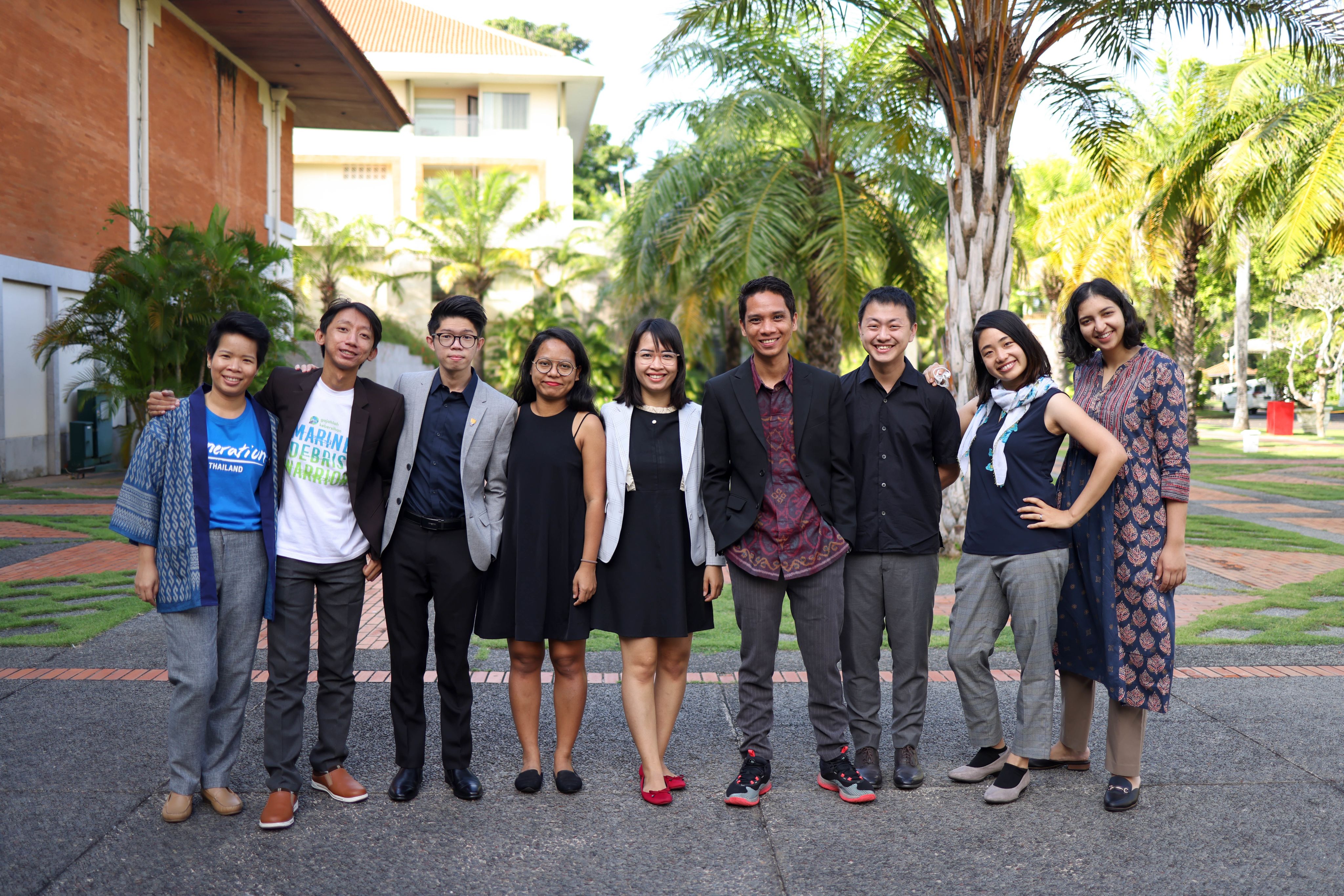
Too often youth forums fail to truly engage with the young people they claim to represent. The new Youth Opportunities Platform is different, say its creators. It aims to fundamentally change the power dynamics, ensuring young leaders drive the conversation with an influential network of investors and decision-makers to co-create solutions to some of society’s biggest challenges.
Around the world, teenage activists, 20-something CEOs, and prime ministers in their 30s are challenging the status quo. But many young people still struggle to be heard. In Asia, “systemic barriers” prevent their participation in economic, political or social spheres, says Yibin Chu, head of community investing and development for Asia-Pacific at global bank Citi.
“There is a power imbalance in some places… to put it simply, sometimes they just don't feel that adults or people in powerful positions will listen to them,” he says.
A new initiative, created by AVPN – a network of some 600 social investors in Asia – and backed by the Citi Foundation, aims to address that. Investing in young people is not a new idea, nor is bringing together the organisations supporting youth. But AVPN hopes its Youth Opportunities Platform will achieve something unprecedented in the region: pooling financial, human, and intellectual resources from the public, private and social sectors, and matching these to young social innovators. In turn, these young people will share their expertise and advice with the growing network.
Launched last month at the AVPN Global Conference, the initiative so far has 60 funders and resource providers on board, and has selected a pilot cohort of 10 ‘Young Impact Leaders’ from 10 countries. As AVPN CEO Naina Subberwal Batra emphasised at the launch event, it is important because “decisions are made better when you include the voice of the young”.
The initial cohort is expected to grow “exponentially”, says Jasmine Chew, director of capital mobilisation at AVPN – initially through recommendations from AVPN members, and, over time, as youth leaders “pass the baton” on to the next generation.
“We're not starting from scratch,” Chew says. “We are building on the work and the fellowships, networks and alliances that have been established before. What we are doing is to ensure that we’re bringing them into convergence, and to ensure that this conversation continues to be supported.”
The ambitious effort requires champions across markets and sectors, and the six anchor partners representing youth-led organisations and youth funders across Asia – Social Ventures Hong Kong, PLDT-Smart Foundation, Indonesian Youth Diplomacy, Yayasan Anak Bangsa Bisa, YuWaah and Youth Co:Lab – are advocating for this larger movement. Capital providers from the AVPN community, such as Cisco LaunchPad, Lorinet Foundation and Villgro, who are seasoned practitioners in the youth empowerment field, have also put in time and resources to advise the Young Impact Leaders.
The Young Impact Leaders themselves – social innovators advocating for causes such as mental health support, refugee rights and upskilling – took feedback from their advisors to develop pitches, which they shared at AVPN’s conference in June. Many want to expand their work into other countries: the conference was a valuable chance to reach some of the 1,100 philanthropists, corporates, impact investors and others attending.
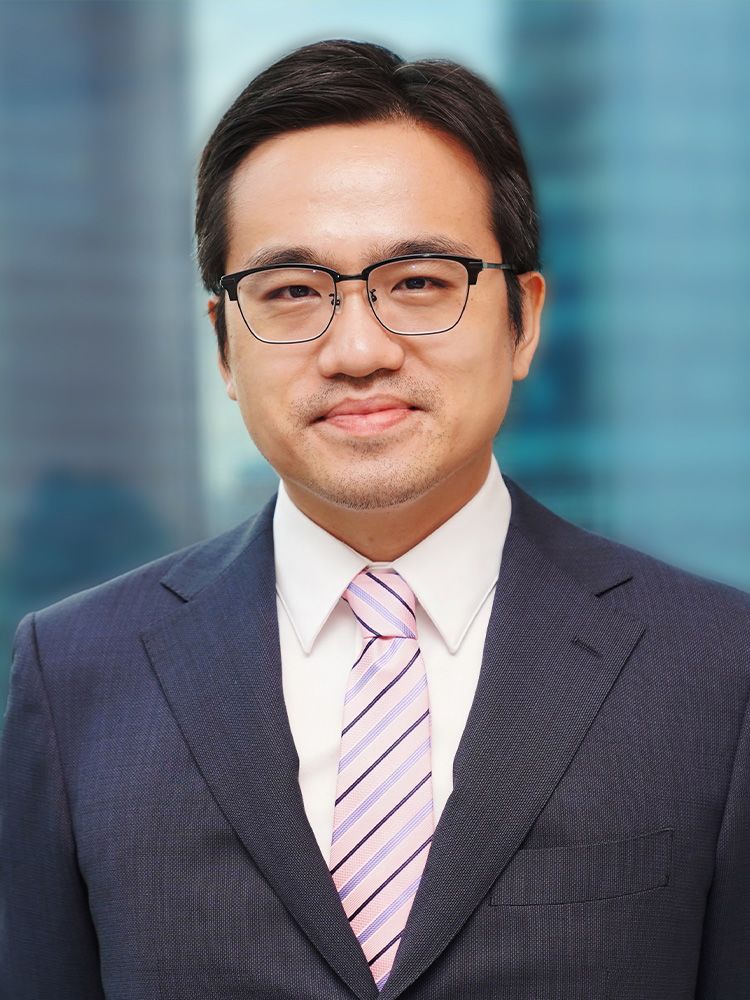
Yibin Chu: Young people are a really creative, innovative force
Yibin Chu: Young people are a really creative, innovative force
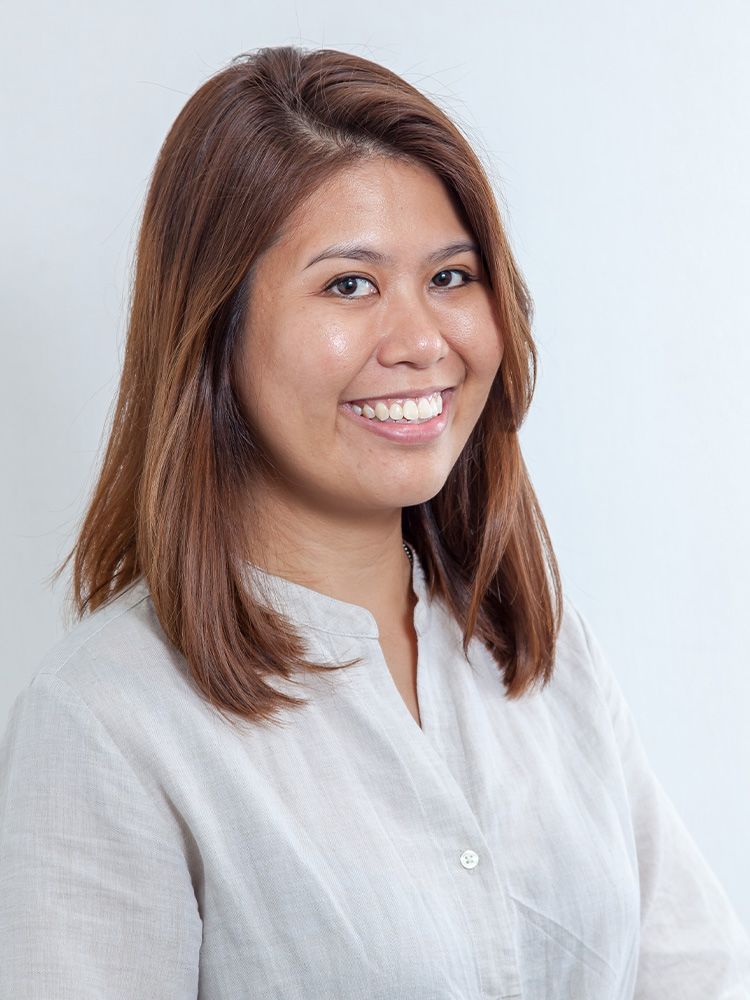
Jasmine Chew: Many programmes try to bring young people’s voices in to decision-making, but it needs continuous reinforcement
Jasmine Chew: Many programmes try to bring young people’s voices in to decision-making, but it needs continuous reinforcement
Not beneficiaries, but ‘solutionists’
More than 60% of the world’s 15-24 year-olds – some 750m people – live in Asia-Pacific countries. Although numerous initiatives exist to support young people, many still lack access to opportunities and connections, AVPN says.
Chu, who oversees Citi’s community investing and development efforts in Asia-Pacific and leads the Citi Foundation’s grant investments strategy in the region, says there is “just not enough opportunity for them to secure decent jobs”. Young people account for half of the unemployed in the region – and Covid-19 has made the situation worse, he says. Even China reported a record 18.4% unemployment rate among 16-24 year-olds in May. “That’s a very worrying situation which is expected to get worse, as over 10m university students in China are about to graduate,” Chu says.
It’s not just jobs, though. Young people want to influence broader economic, political or social spheres. A recent AVPN study of 2,000 18 to 35-year-olds in Indonesia, Malaysia, Philippines, Thailand and Vietnam echoes this: although the top priority cited was education, it was followed in second and third place by “personal empowerment” and “climate action”.
Chu says there’s a tendency in some sectors to see young people as “beneficiaries”. A shift in mindset – seeing them instead as “solutionists” – is therefore needed.
“Young people are a really creative, innovative force. And they are more connected, and technology-savvy, than previous generations... the question of how to harness their creativity, their energy and innovation, to come up with solutions for some of the biggest challenges facing society – I think that that's the key.”
This may be easier said than done. Powerful positions in Asia are typically held by older people, says Chu. And where younger people do lead, they often come from more “elite” groups. “When we are looking at low-income or underserved communities, we actually need people from these communities, or people who can represent some of the issues that these communities are facing,” he says.
But the hope is that the platform – kickstarted by a grant from the Citi Foundation, as part of its US$35m ‘Pathways to Progress’ programme – can redefine some of these problematic power dynamics, positioning young leaders as advocates, advisers and “solutionists” for the private, public and social sectors.
The young leaders have the opportunity to reflect their own insights and expertise back to the platform. Richa Gupta, for example, has been using her child development skills to serve as an expert reviewer for Lego Foundation’s Build a World of Play initiative – a US$143m global challenge that identifies solutions designed to boost the wellbeing and holistic development of young children.
AVPN’s Jasmine Chew says that many programmes try to bring in young people’s voices in their decision-making, but this needs “continuous reinforcement”. Naina Subberwal Batra puts it more bluntly: global leaders must “break” the uneven power dynamic and “create trusted spaces for authentic listening”.
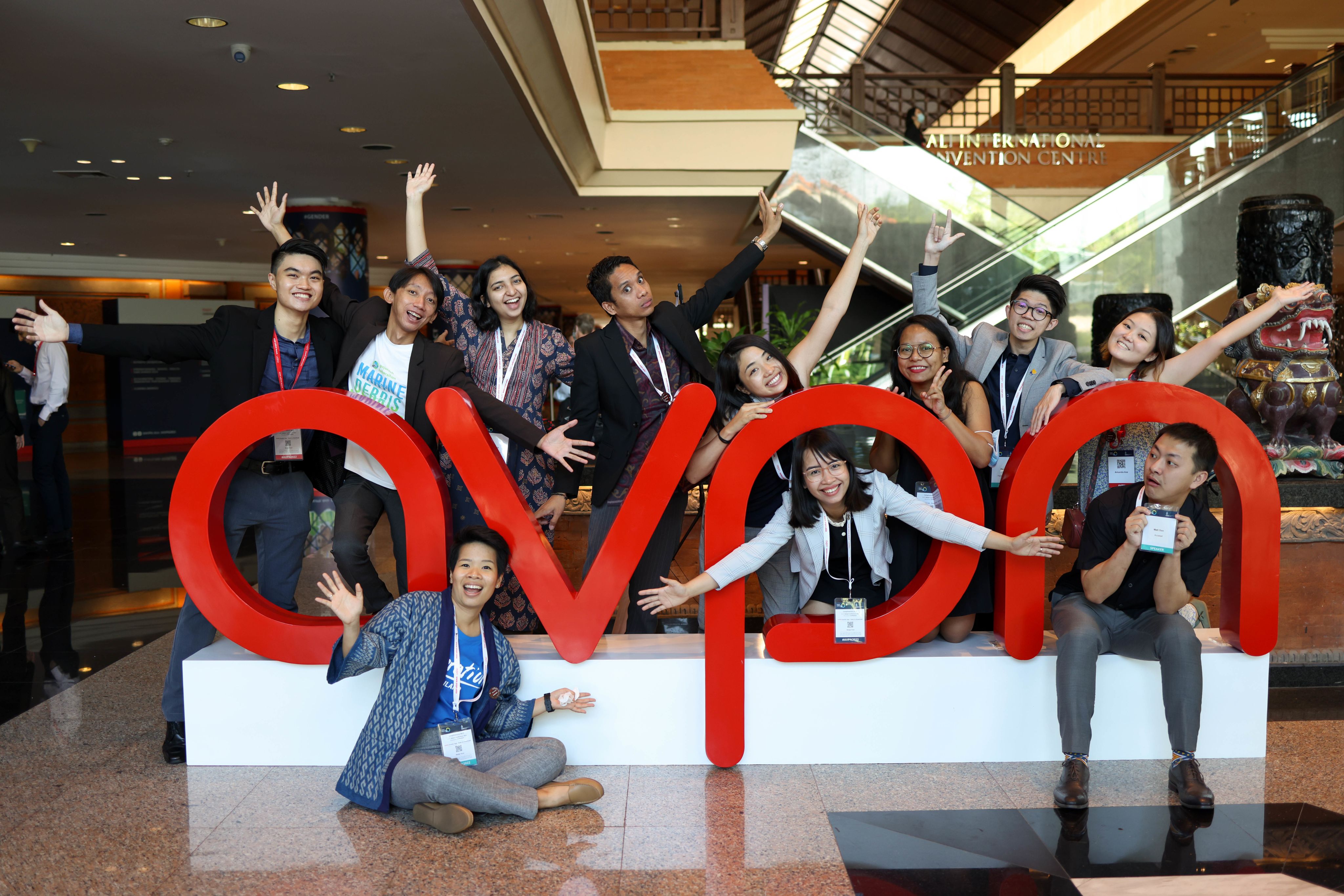
Although numerous initiatives exist to support young people, many still lack access to opportunities and connections
Although numerous initiatives exist to support young people, many still lack access to opportunities and connections
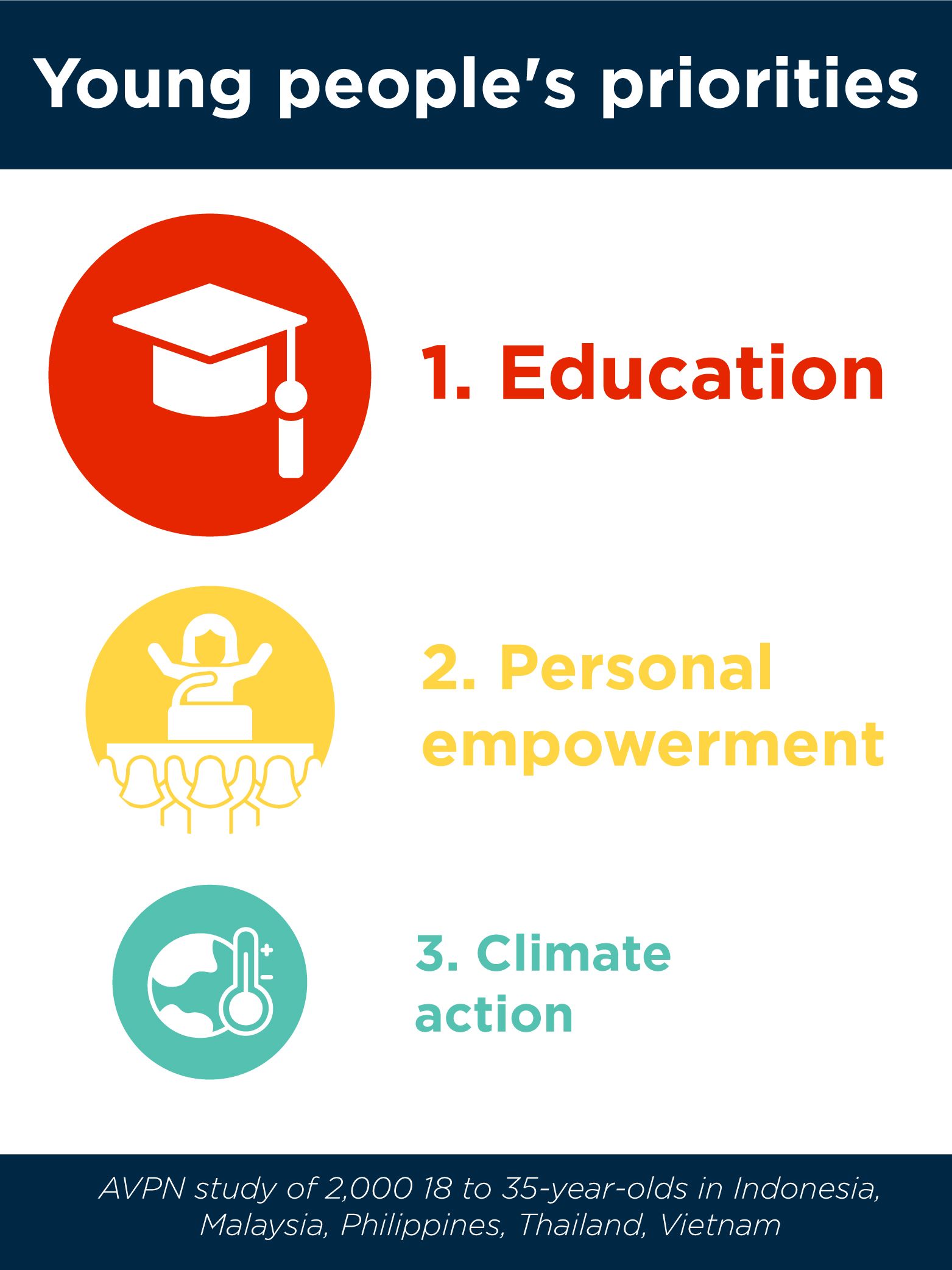
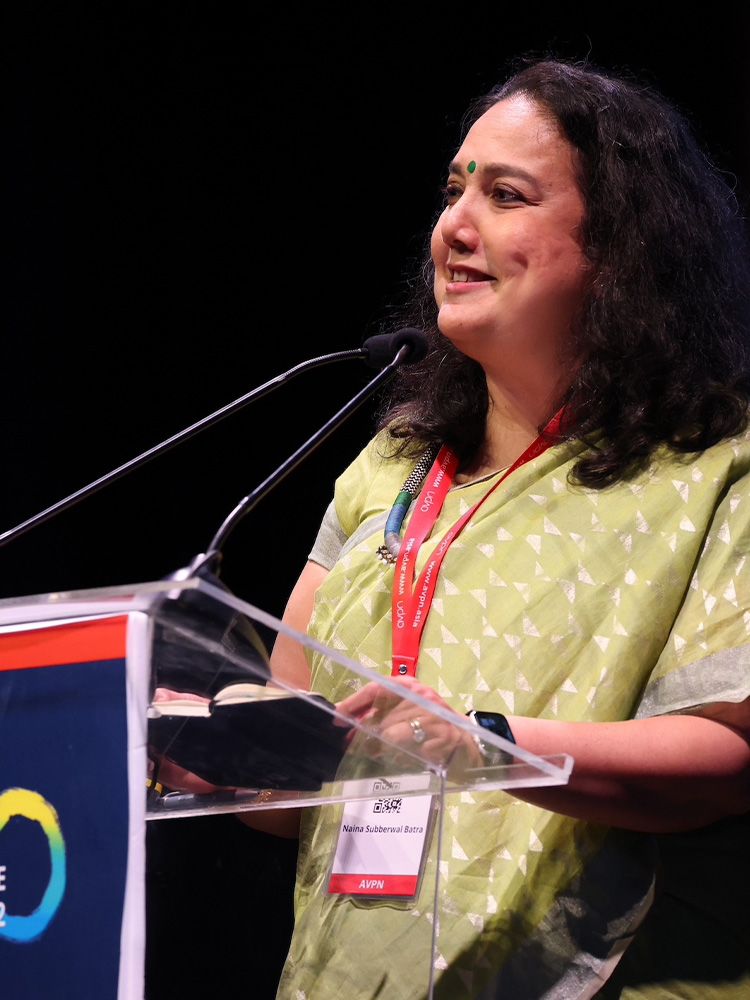
Naina Subberwal Batra: Global leaders must break the uneven power dynamic and create trusted spaces for authentic listening
Naina Subberwal Batra: Global leaders must break the uneven power dynamic and create trusted spaces for authentic listening
“It’s time that young people are not just on the receiving end of change. Young people are co-creating solutions. Young people are being trusted to implement those solutions at scale with governments, with large-scale investors. I hope that the Youth Opportunities Platform changes the power dynamic that currently exists between young entrepreneurs, young leaders and investors”
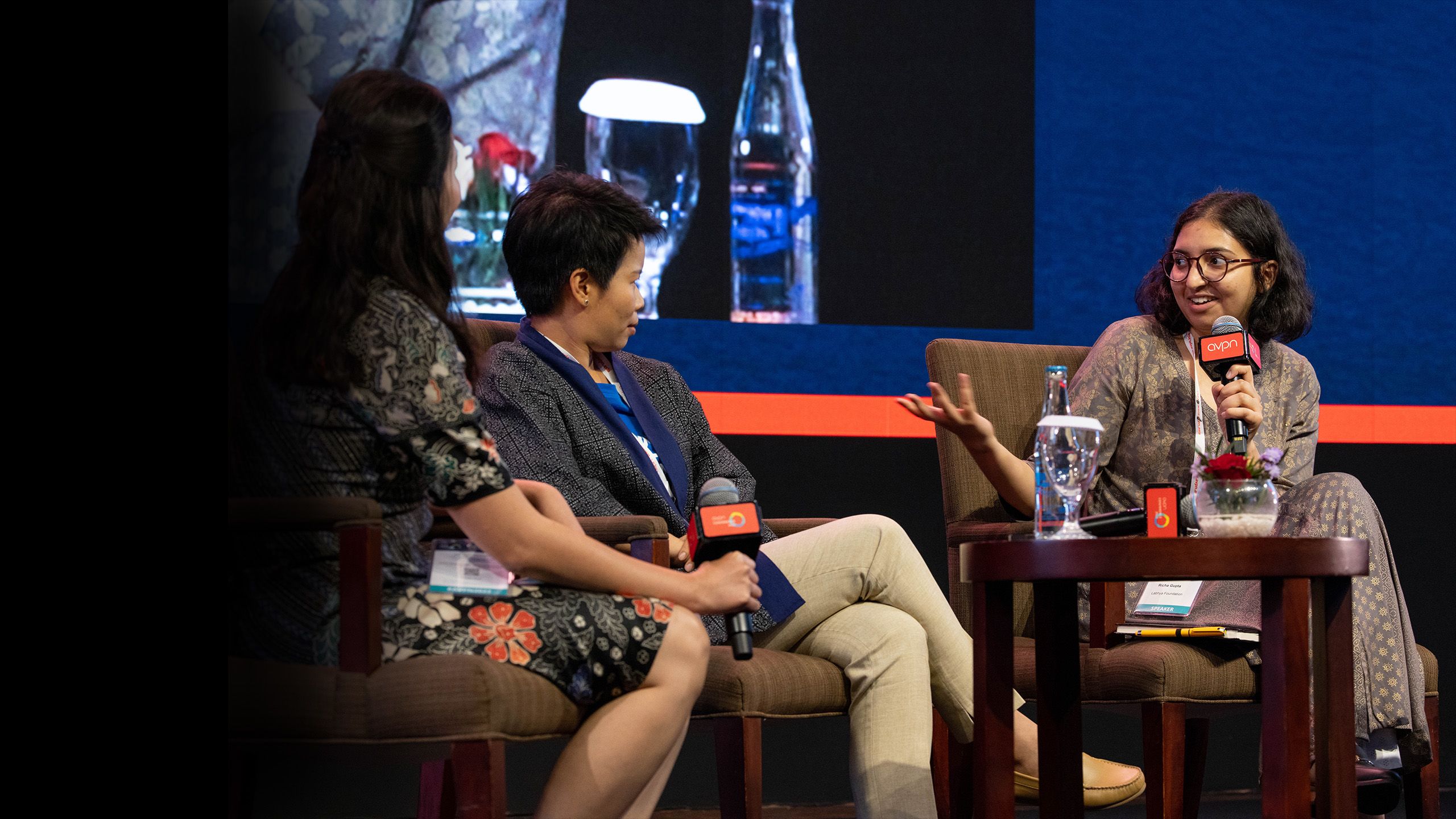
“Decisions are made better when you include the voice of the young”
The Rondo Production: making music accessible to all
As a brass player, Kenny Ooi noticed that many Malaysians started their musical journey in high school but could not continue their passion as adults, due to a lack of resources, opportunities and funding.
“When I first started The Rondo Production, I saw a huge gap between the resources and the talents, and I wanted to bridge that gap,” says Ooi.
Founded in 2019, The Rondo Production is a social enterprise that started as a safe space for Malaysian youths to express themselves. Then the organisation grew into a music education hub creating high-quality education programmes and initiatives to provide more opportunities for artistic collaboration. By partnering with a global community of music lovers, including artists who want to share their knowledge and dealers selling affordable instruments, Ooi’s goal is to reduce the costs for participants.
In less than six months, the enterprise launched the Penang International Brass Festival 2019, a four-day event which brought together young musicians and world class teachers to learn, perform and collaborate.
RondoFest 2021, a four-day online festival of learning, brought together more than 240 musicians, including students and professionals, and awarded 45 scholarships
After the festival, the Rondo Production started workshops, masterclasses, and concerts, for youths aged 15 to 30, inviting facilitators from around the world to teach music and share their experiences. The latest programme that the organisation ran was Coding with Music which takes music out to young people beyond the music community. “We invited students interested in STEM education, especially engineering, and connected them with music,” says Ooi. “We see that there is a need to bring music out of our usual group and connect with more people. We started to diversify our focus and programmes to non-music communities.”
This social enterprise also aims to promote inclusivity and diversity in music education, as Ooi recognises that music can help underserved communities in Malaysia. The Rondo Production offers scholarships for refugee youths in Kuala Lumpur and invites them to attend their concerts, to date, the organisation has provided 70 scholarships.
“Running a high-quality music programme with international standards requires a lot of money. We also want to value our artists while lowering the cost of entry,” says Ooi. With the AVPN Youth Opportunities Platform, Ooi hopes to get support to expand his programmes to more countries in south east Asia, such as Indonesia, Singapore, Thailand and the Philippines. In addition, The Rondo Production is working towards obtaining its own space to hold workshops, masterclasses and performances.

A trusted space to break down silos
The Youth Opportunities Platform is an experimental approach that few established organisations are willing to explore, AVPN says. But creating a trusted space where different kinds of stakeholders can connect should break down silos. Because, despite much talk about collaboration, it’s something “that the funders haven't done very well”, says Chu. “We don't have a broad-based view at the issue-level or sector-level of who is funding what.”

AVPN plays an important role as a neutral convenor – at the Global Conference in June, the Young Impact Leaders had the opportunity to meet potential funders and collaborators
AVPN plays an important role as a neutral convenor – at the Global Conference in June, the Young Impact Leaders had the opportunity to meet potential funders and collaborators
Barriers to collaboration won’t be swept away instantly – organisations inevitably have different requirements in terms of the investments they seek, for example. But Chew says that pooling resources, something AVPN has experience of through its other pooled funds, can have a powerful “amplification effect”. The learning increases by bringing different perspectives together, while joining forces de-risks some decisions. Meanwhile, the Young Impact Leaders get instant access to a group of interested resource providers, fast-tracking the typically lengthy process of building relationships.
AVPN plays an important role as a “neutral” convenor, says Chu. Its diverse membership, which spans the whole spectrum from charitable grantmakers to sustainable investors, is also a plus: “It's not just a group of foundations, or just a group of banks, which are typically more commonplace.”
“Bringing young people into the conversation is making the solution that we’re coming up with more relevant today, it is making sure that we become more inclusive in developing social innovation”
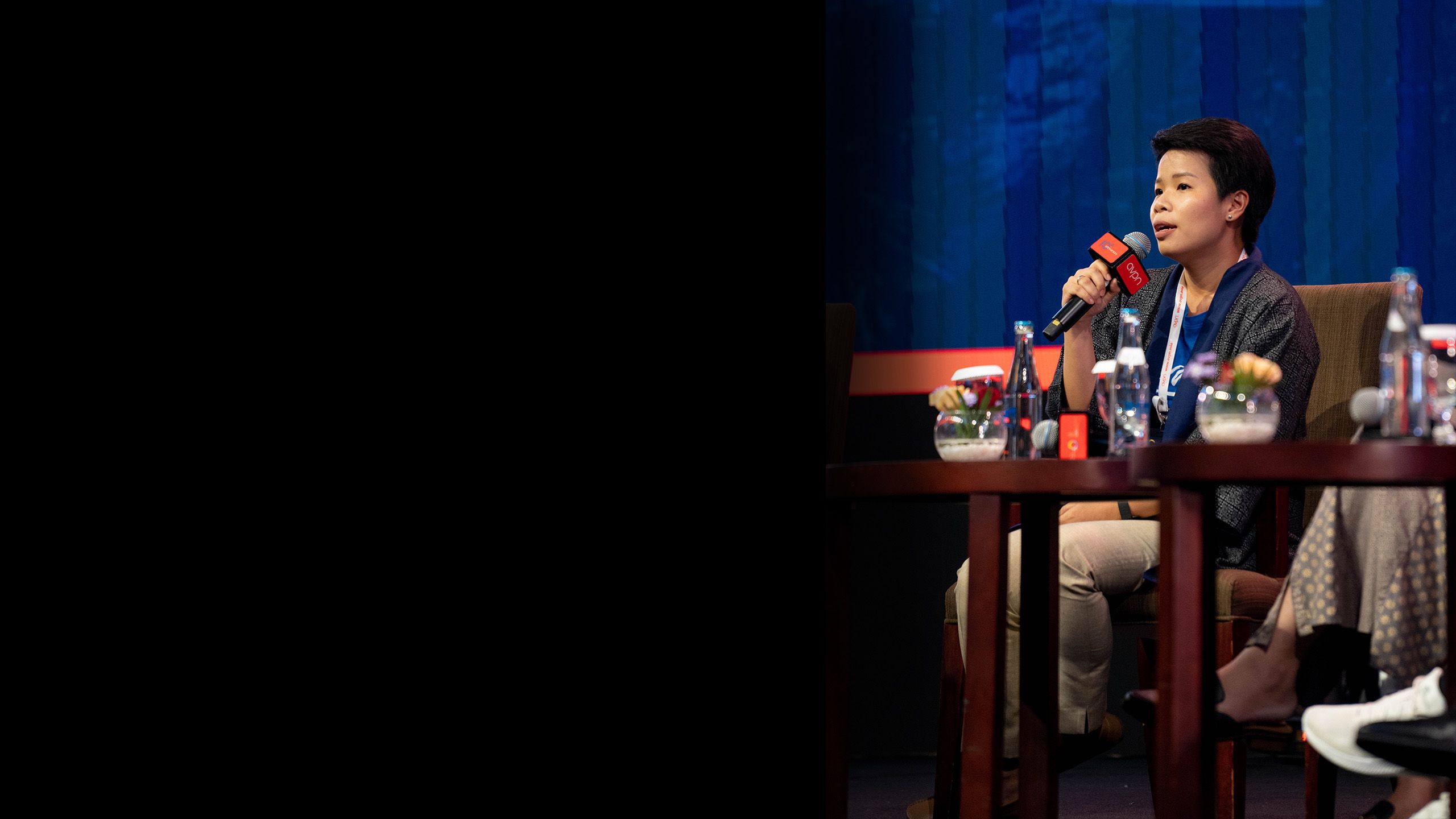
“There is a power imbalance in some places… to put it simply, sometimes young people just don't feel that adults or people in powerful positions will listen to them”
MYEO: bringing digital education for change
Investing in young people can have a positive impact on the future of a country. Myanmar has around 18m youths between the ages of 18 and 35. However, the education system has not been working to support these youths and prepare them for the workforce. Htet Thiri Shwe saw this issue in 2014 and founded Myanmar Youth Empowerment Opportunities (MYEO).
Starting as a blog, Shwe initially wanted to use MYEO as a platform to share information and opportunities for youths in Myanmar. At that time, MYEO was a passion project while she was studying economics and finance at the University of Hong Kong. Then MYEO started working with universities to teach students digital skills to help them enter the workforce.
In 2018, MYEO gained funding from the Facebook Community Leadership Program (FCLP) to create a powerful social impact-driven ed-tech programme for youths and organisations.
“Our mission is to empower Myanmar graduates with skills and networks, so they become more valuable members of their community,” says Shwe. Using a chatbot, the programme aims to nurture youths’ digital, soft and life skills to prepare them for employment for free or at an affordable price of between US$2 and US$15. MYEO also works with companies and NGOs to train their employees at a cost of between US$5,000 and U$20,000.
MYEO has trained 34,000 young people online, 61,000 young people have used the chatbot and 170,000 young people have engaged with the Facebook community
The chatbot also allows MYEO to reach youths in rural areas with low digital skills and slow internet connectivity. “Because the chatbot is based on artificial intelligence, we can expand to more languages and make it more user-friendly, suitable to 2G internet connection, and personalised to every student. We can also tell how much they are learning,” says Shwe.
MYEO has a 60-70% training completion rate, training around 50,000 youths in 2022. The organisation’s goal is to reach one million youths in total with its training programme by 2024. However, the road to getting there has not been easy.
“We have run out of money multiple times, and not because we don’t have an impact, but because it is hard to convince people to invest when you are a newcomer,” says Shwe. She hopes the AVPN Youth Opportunities Platform can help her get the necessary support, and there will be more discussions stimulated about the importance of youth employment.
“Since we have existed, youths in Myanmar have been impacted in many different ways, and we can be that assistance for them to lean on and grow,” she says.
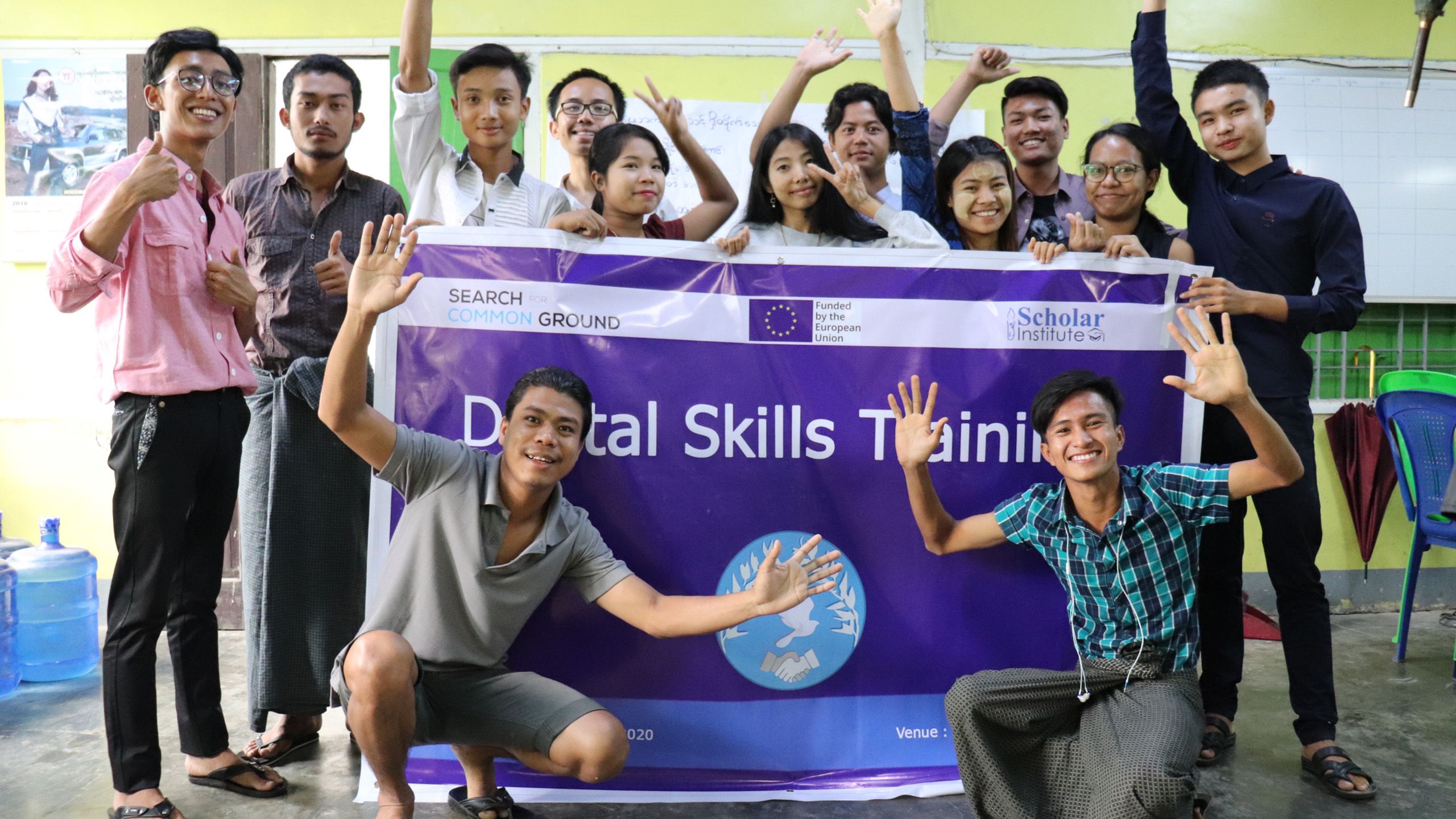
An infusion of confidence
Chew says the young leaders are already seeing a “times-ten effect” of the mentoring provided by the platform. Among the mentors is Romy Cahyadi, CEO at Instellar, which supports early-stage social enterprises in Indonesia; though it doesn’t apply age restrictions, most of the people Instellar works with are between 25 and 35 years old.
Cahyadi says young entrepreneurs above all need opportunities to showcase their work, and connections to people who can help them progress to the next stage. After his own experience many years ago of setting up a social business without a mentor, he is motivated to make things “slightly easier” for the next generation, he says. “Not everything should be done the hard way. We cannot erase all the challenges from the market, from investors, but some things can be learned.”
Fundamental to the mentoring relationship is the way in which mentors indirectly “infuse confidence”, he adds.
That encouragement may be particularly needed in Asia, where, Cahyadi says, failure is almost a taboo. Young and first-time entrepreneurs should take heart, though: his advice is to “fail early, because it’s part of the journey… you cannot learn how to ride a bicycle without falling, right?”
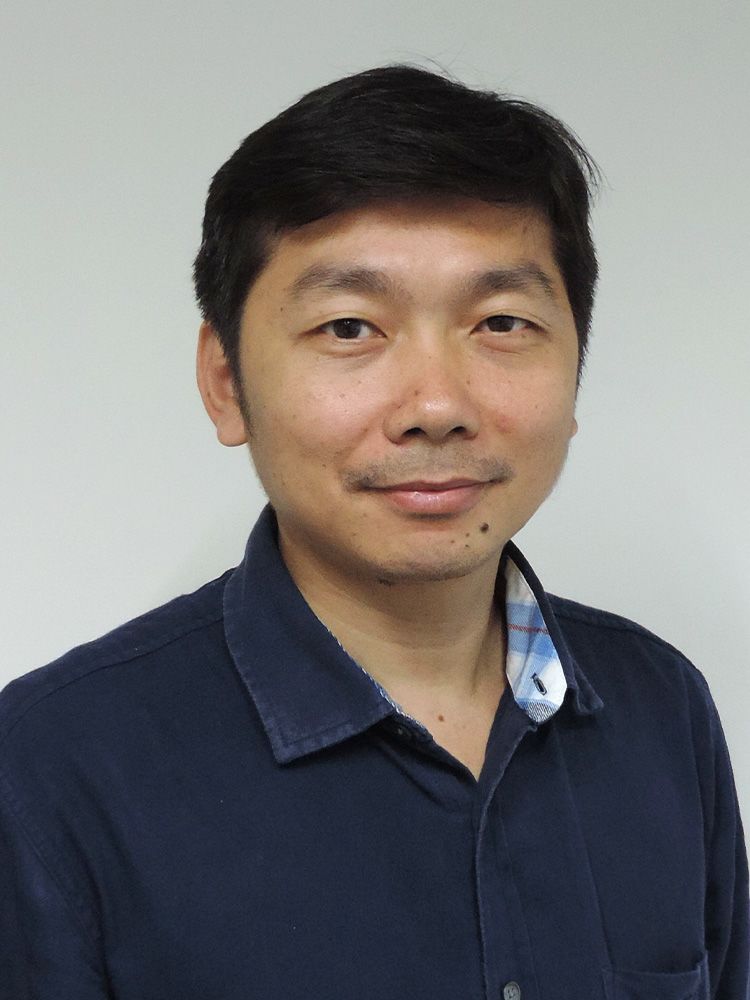
Romy Cahyadi: Young entrepreneurs need opportunities to showcase their work and connections to people who can help them progress
Romy Cahyadi: Young entrepreneurs need opportunities to showcase their work and connections to people who can help them progress
WELgee: welcoming the invisible refugees in Japan
Every year, thousands of refugees come to Japan from many different countries, including Afghanistan, Myanmar and Nigeria in hope of a better life. However, the Japanese government only recognises and supports 1% of these refugees. WELgee (short for “Welcome Refugee”) aims to assist refugees in Japan to become valuable members of society.
Sayaka Watanabe started WELgee, a non-profit organisation, in 2016 after meeting refugees from various African and Middle Eastern countries. “In Japan, not many people know that refugees are living in our society because they are ‘invisible’. But I believe we need to know what is going on. So, I went to explore on my own,” says Watanabe.
Watanabe became friends with many refugees and wanted to help them integrate into Japanese society. She started language exchange and homestay programmes. She even bought a house with her own money and support from like-minded people to live with some of the asylum seekers.
“Even though the refugees made friends through the exchange and homestay programme, they still had nowhere to go,” Watanabe says. She started to include the refugees in her discussions and realised the need to focus on jobs.
In its first 6 years, WELgee has
trained 200+ refugees from 40 countries to work in Japan
The two main issues that prevent refugees from getting jobs are visas and lack of acknowledgment from companies. Many businesses do not know how to hire and work with refugees. Watanabe explains. “Our refugee friends, they were engineers, doctors, and teachers before coming to Japan. They can be changemakers and pioneers of society if given the opportunity.”
In 2018, WELgee started its job-matching programme, and has trained and prepared more than 200 refugees to work in Japan. It also works with 16 companies, mainly national, to learn the process of hiring refugees. In addition, WELgee supports the refugees to get visas. WELgee used a crowdfunding campaign to start its programme, and now its income comes from the job matching programme (if a company decides to hire a refugee, they will also pay WELgee), subscription donations and grants.
“One of our success stories is a refugee from Nigeria who was able to help Yamaha expand its business to the African market. It went so well that they decided to hire a second refugee,” says Watanabe.
WELgee wants to help more refugees, but the organisation needs support. Watanabe says: “Right now, it has been working all right, but funding is always an issue. If we want to support more, we need more carrier coordinators as we only have three, and they are the key to this programme.”
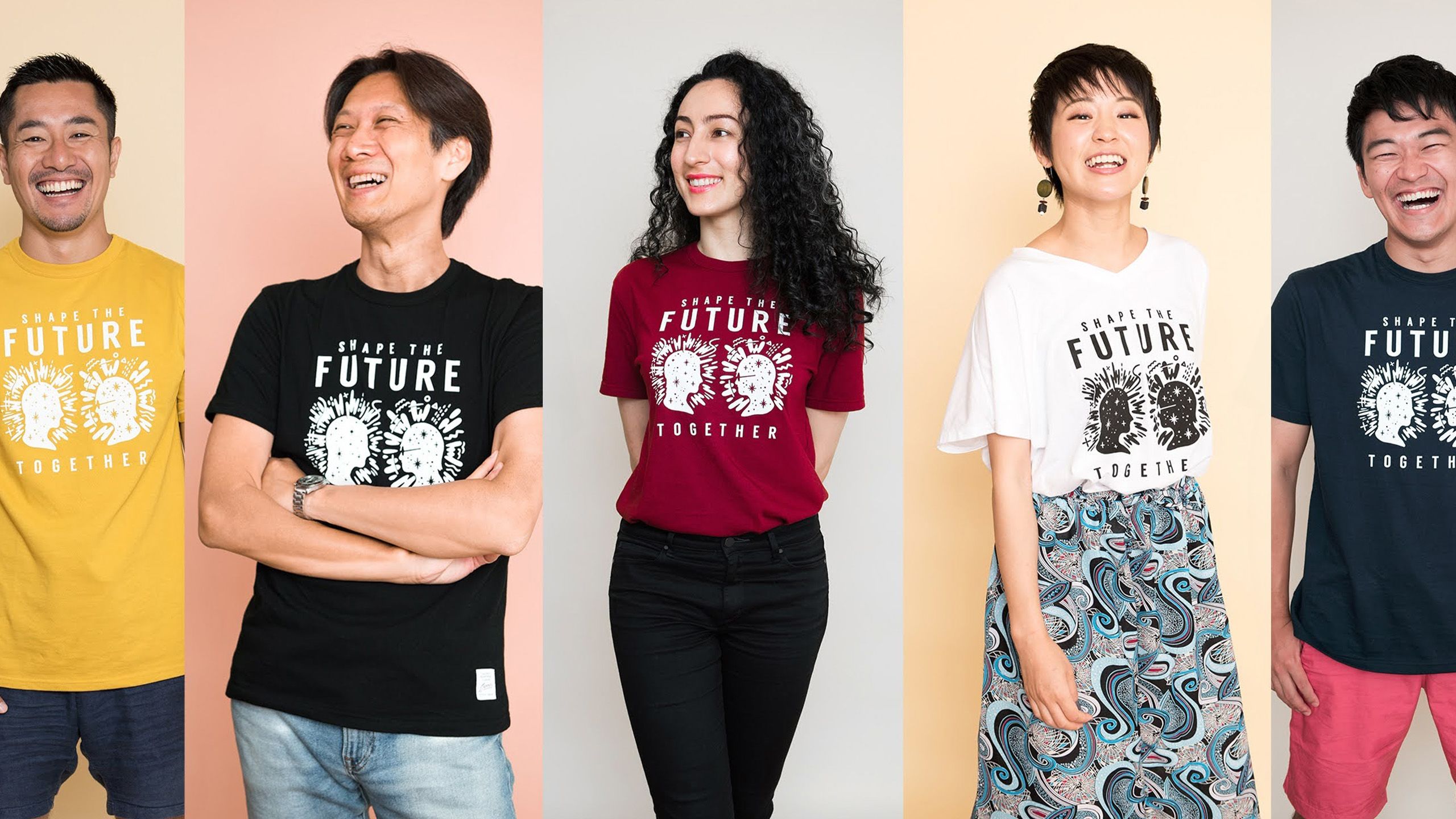
The Young Impact Leaders first cohort
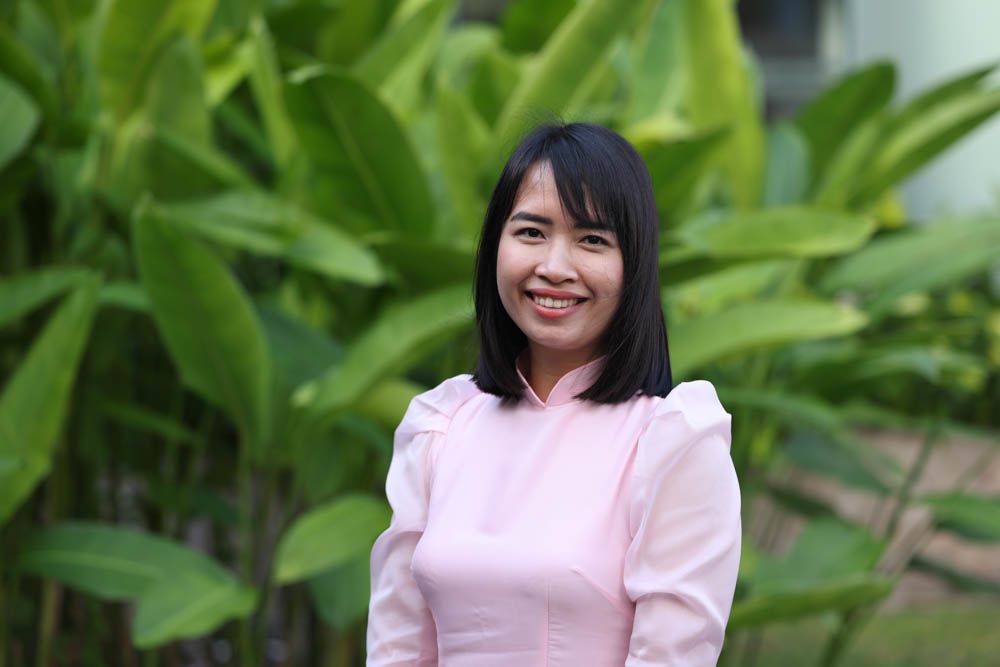
Ai Nguyen Nu Dieu, Kidspire Vietnam: educational programmes for disadvantaged young people
Ai Nguyen Nu Dieu, Kidspire Vietnam: educational programmes for disadvantaged young people
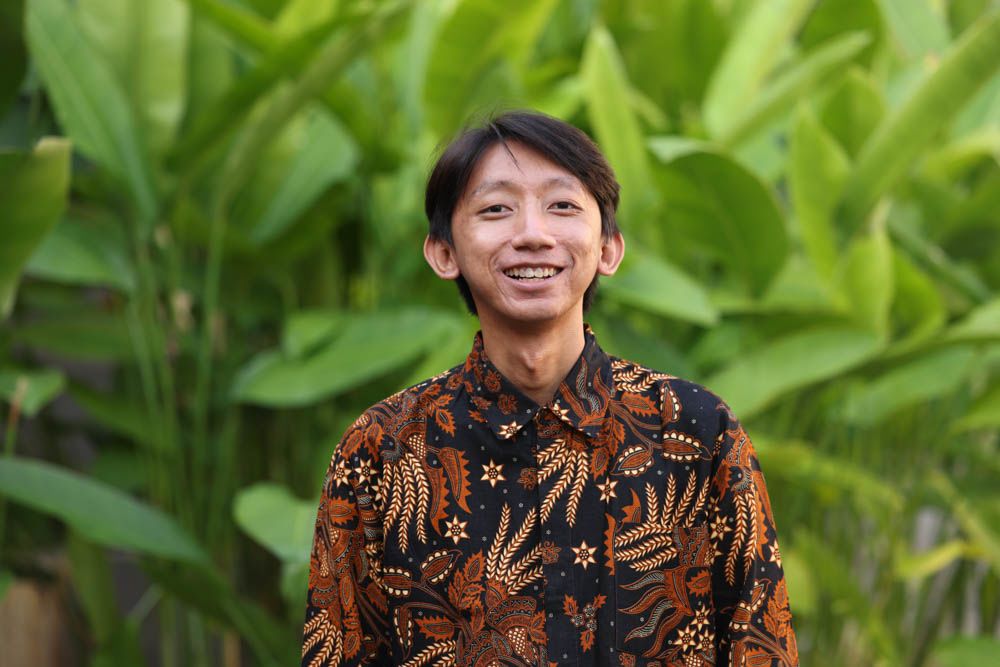
Dicky Alfandy, Gajahlah Kebersihan, Indonesia: empowering coastal communities to tackle marine pollution
Dicky Alfandy, Gajahlah Kebersihan, Indonesia: empowering coastal communities to tackle marine pollution
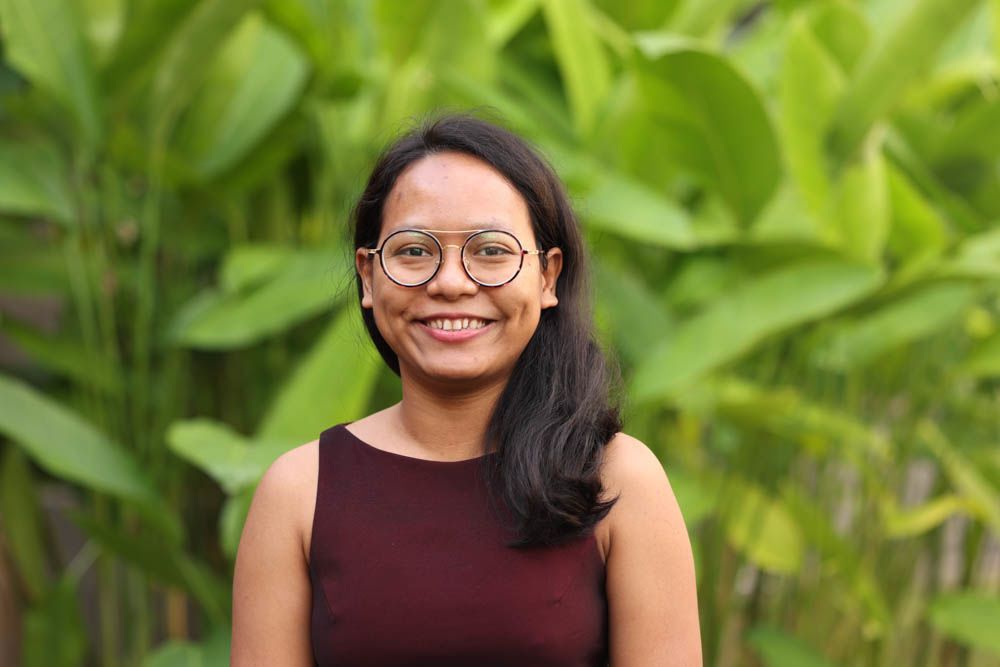
Htet Thiri Shwe, MYEO, Myanmar: developing the professional skills of young people
Htet Thiri Shwe, MYEO, Myanmar: developing the professional skills of young people

Jichen Liu, Clear Plate, China: combating food waste through AI
Jichen Liu, Clear Plate, China: combating food waste through AI
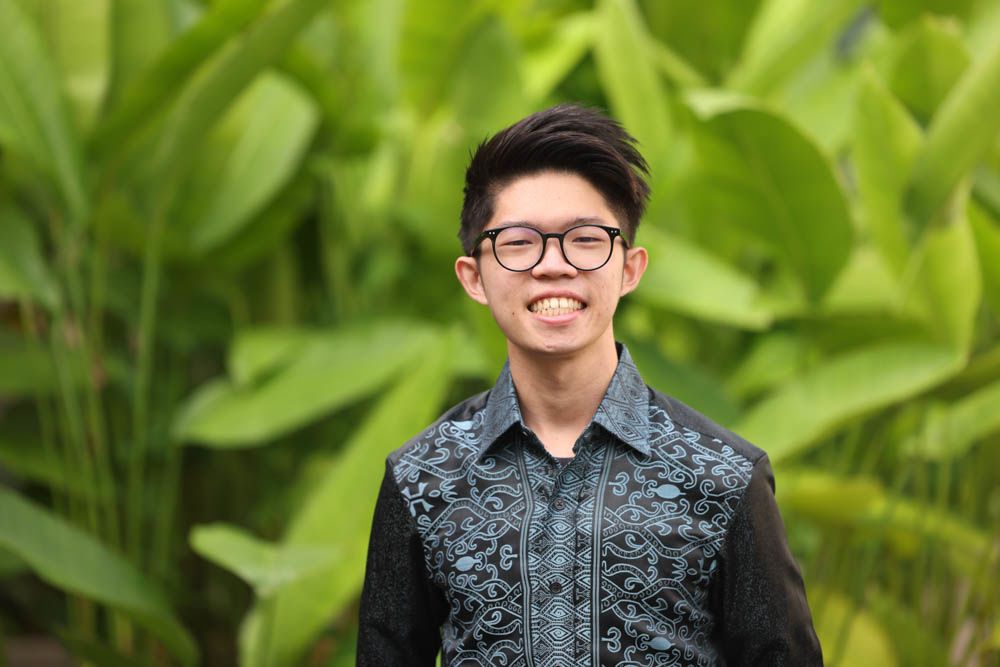
Kenny Ooi, The Rondo Production, Malaysia: providing music opportunities to everyone
Kenny Ooi, The Rondo Production, Malaysia: providing music opportunities to everyone
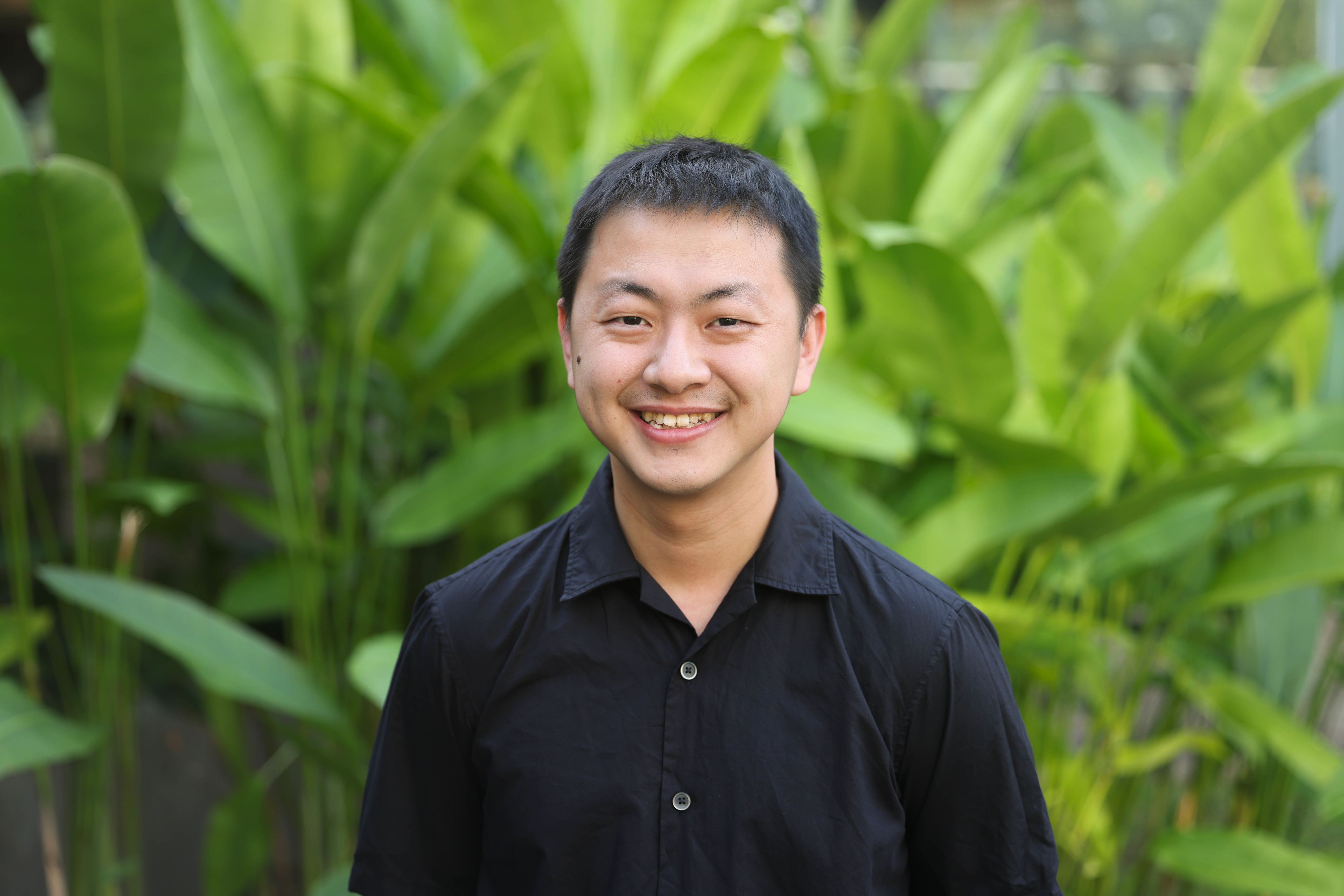
Matt Oon, Acceset, Singapore: mental health care for young people through technology
Matt Oon, Acceset, Singapore: mental health care for young people through technology
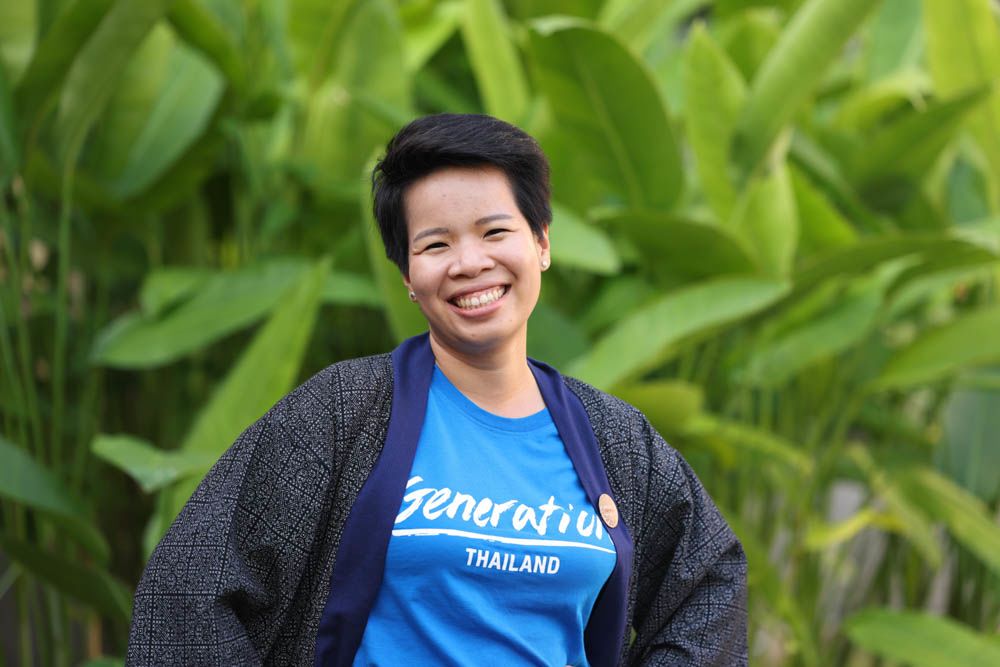
Pin Kasemsiri, Generation Thailand: bridging the gap between employment and education
Pin Kasemsiri, Generation Thailand: bridging the gap between employment and education
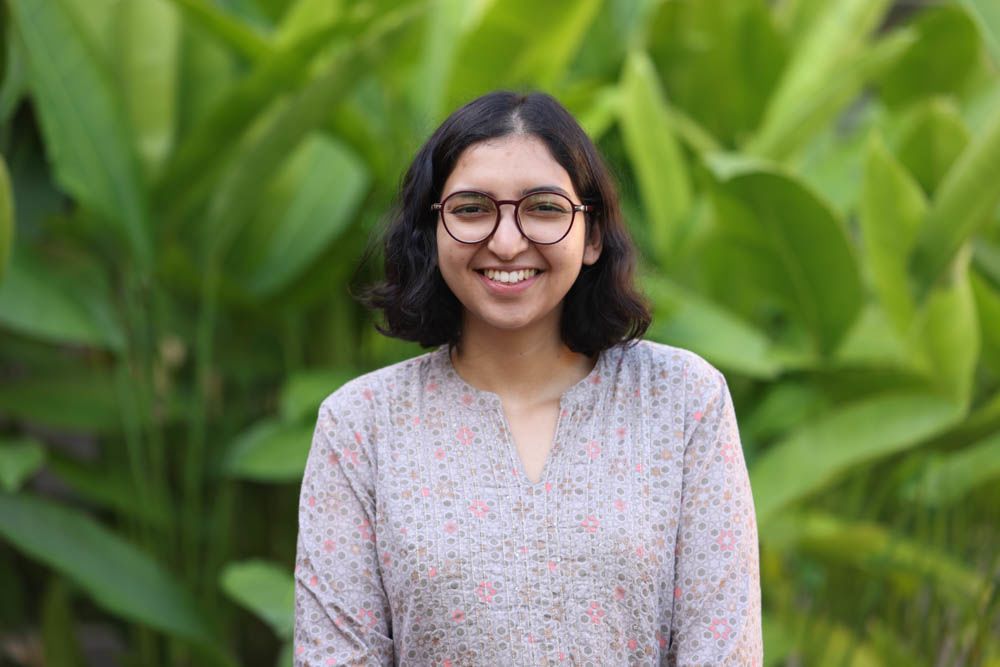
Richa Gupta, Labhya Foundation, India: improving education for children
Richa Gupta, Labhya Foundation, India: improving education for children
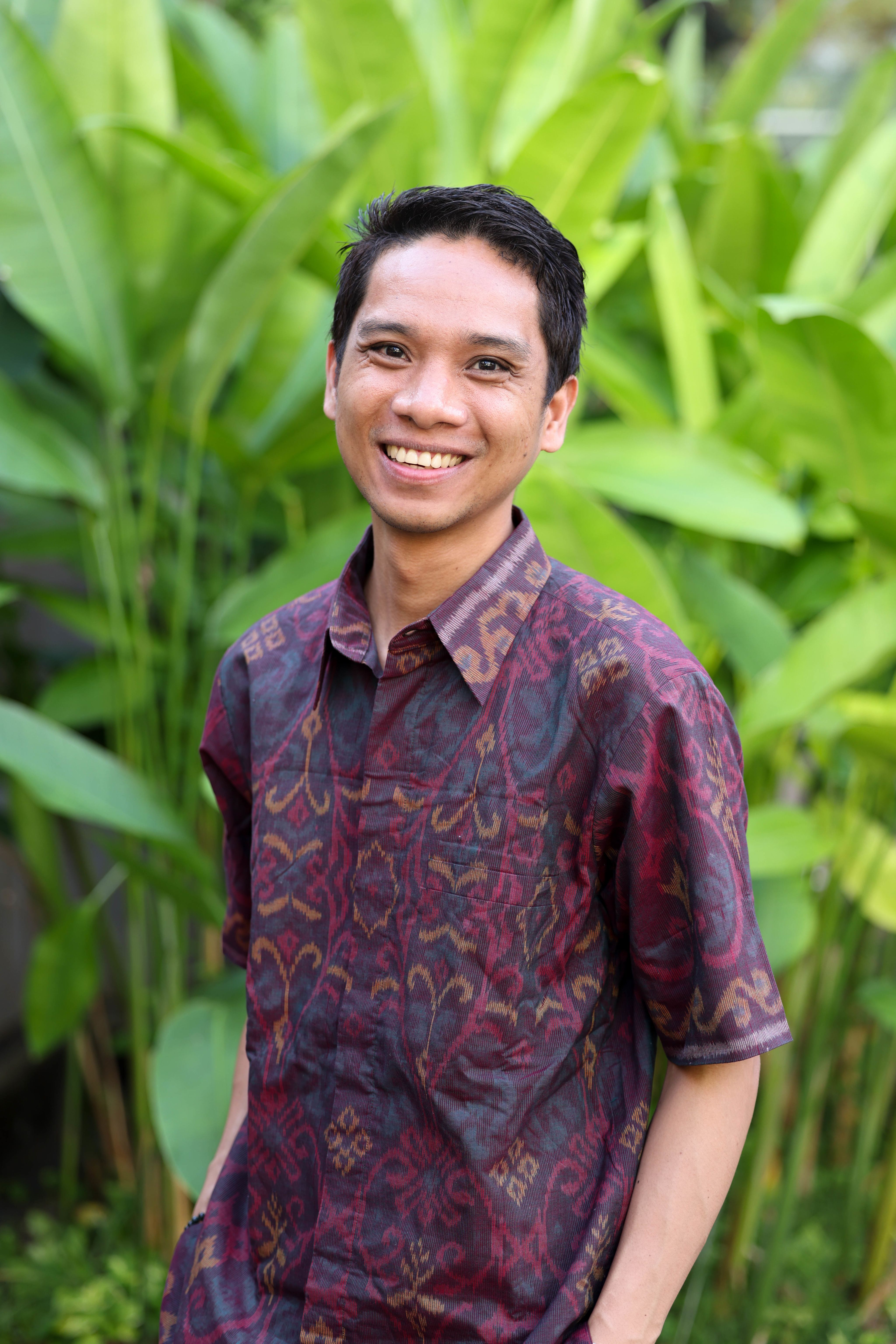
Ryan Gersava, Virtualahan, Philippines: inclusive training for people with disabilities and others who struggle to find employment (Read more about Virtualahan)
Ryan Gersava, Virtualahan, Philippines: inclusive training for people with disabilities and others who struggle to find employment (Read more about Virtualahan)
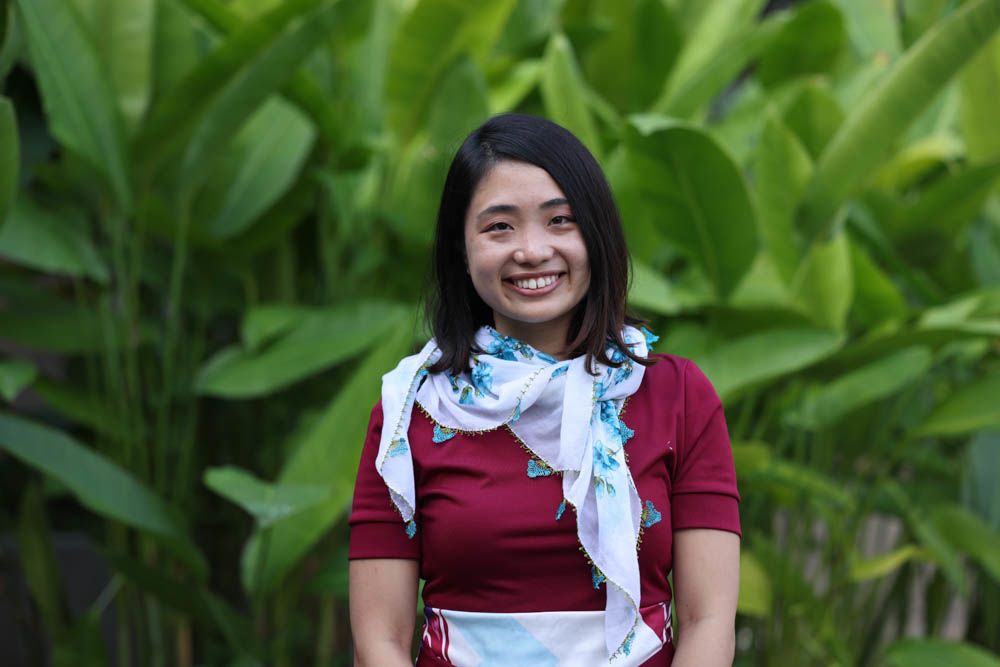
Sayaka Watanabe, WELgee, Japan: job-matching and social integration for refugees
Sayaka Watanabe, WELgee, Japan: job-matching and social integration for refugees
Explore more about the young leaders on AVPN’s website
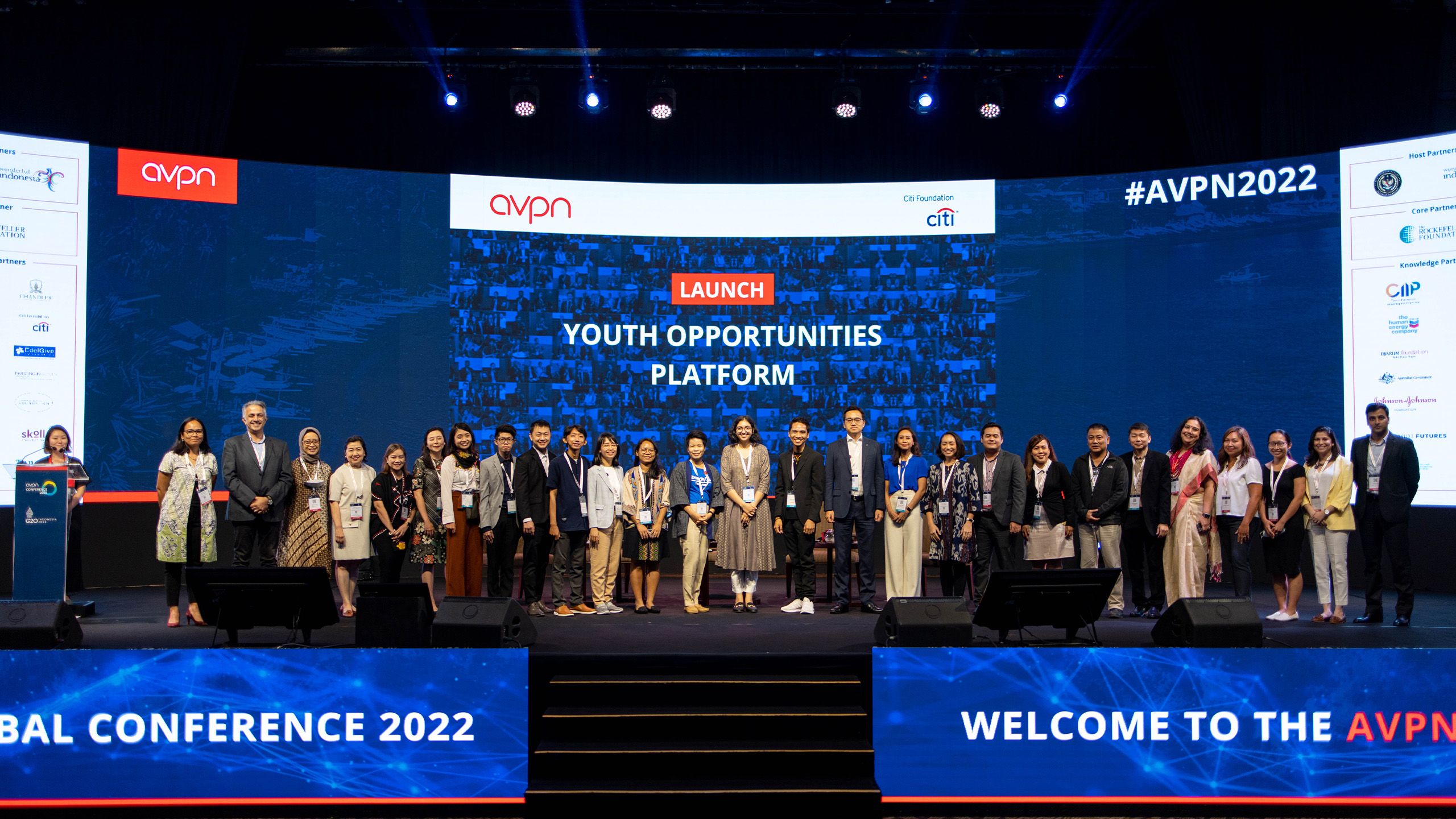
Videos and photos courtesy AVPN
Videos and photos courtesy AVPN


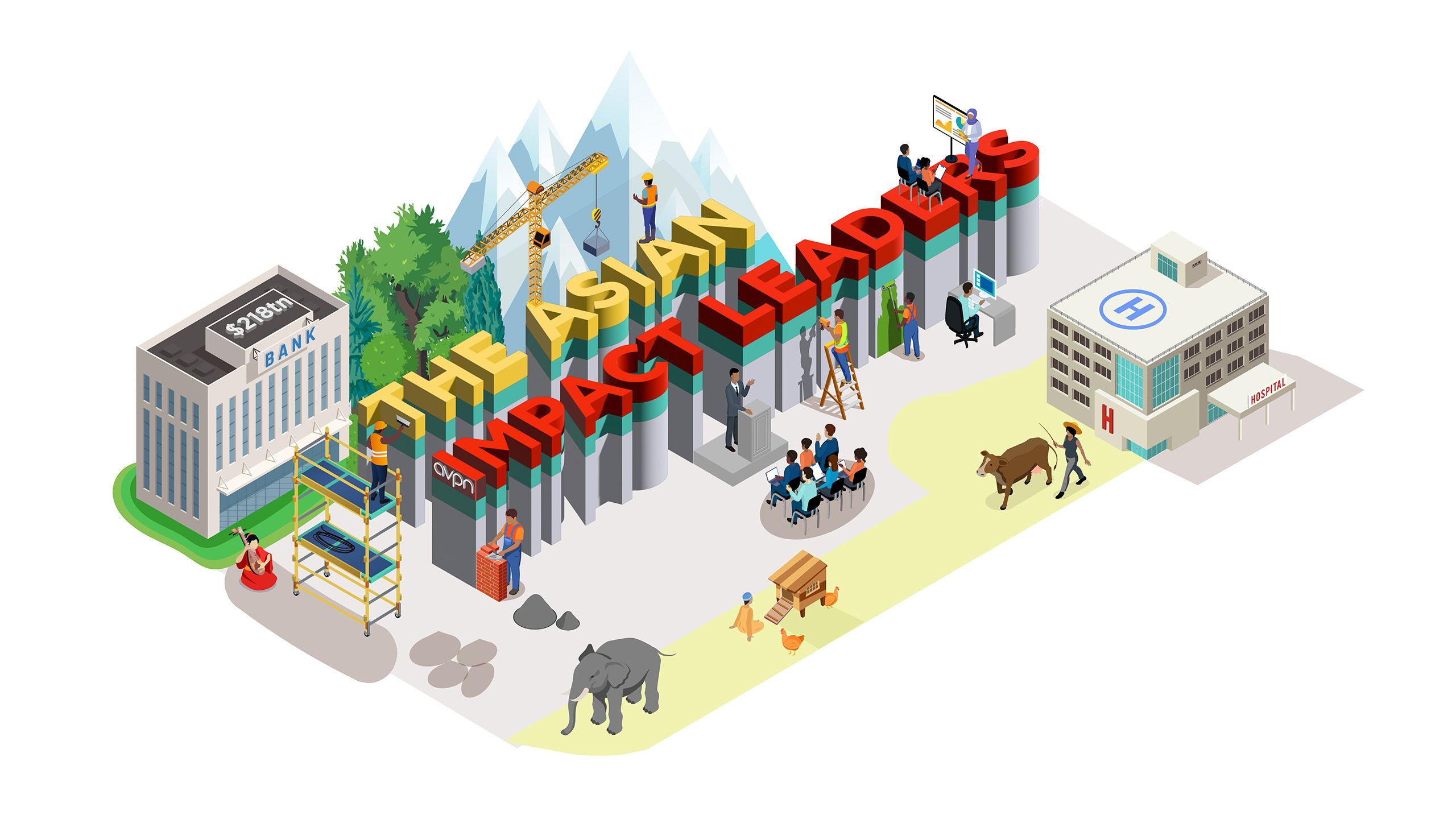
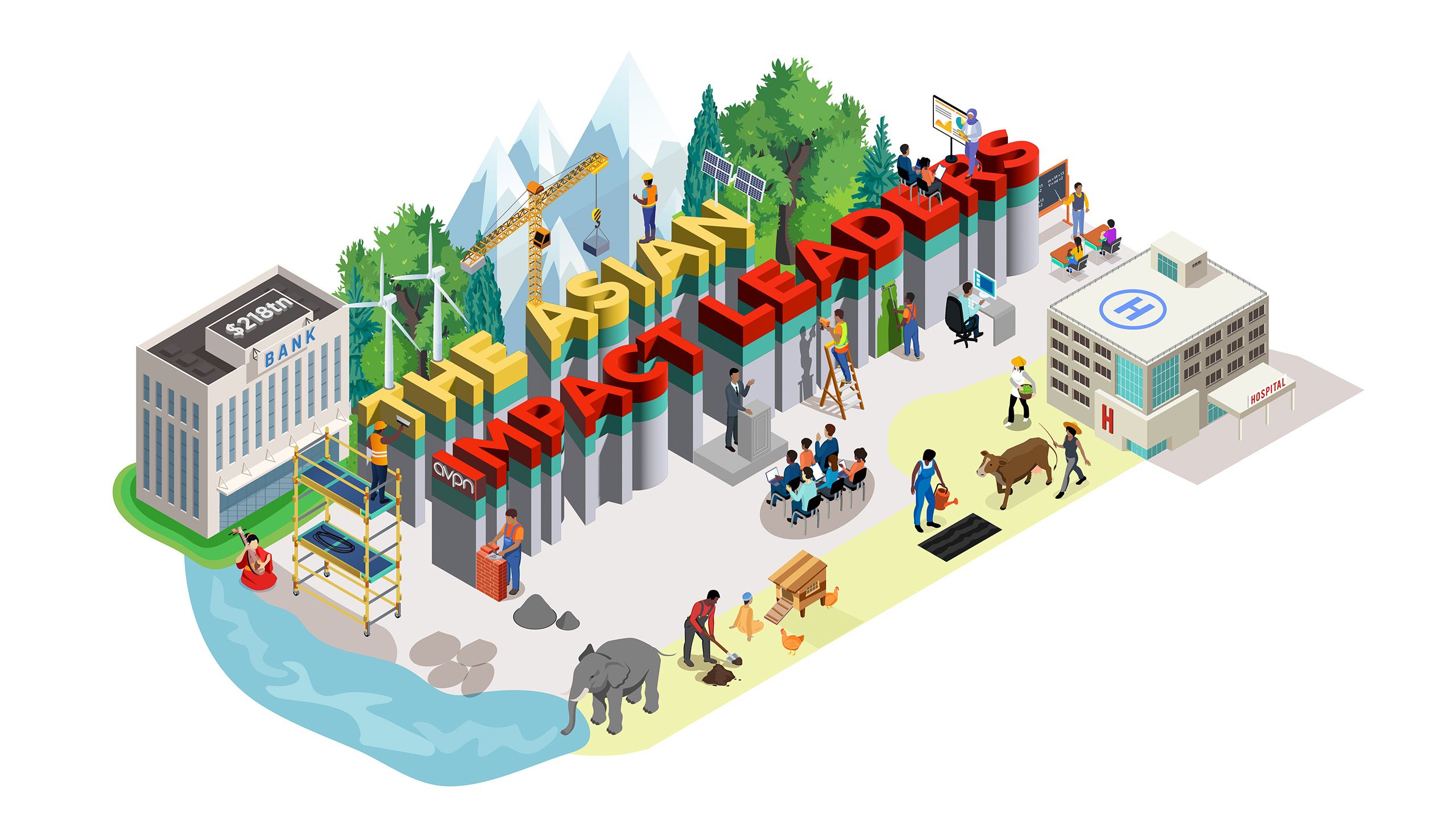
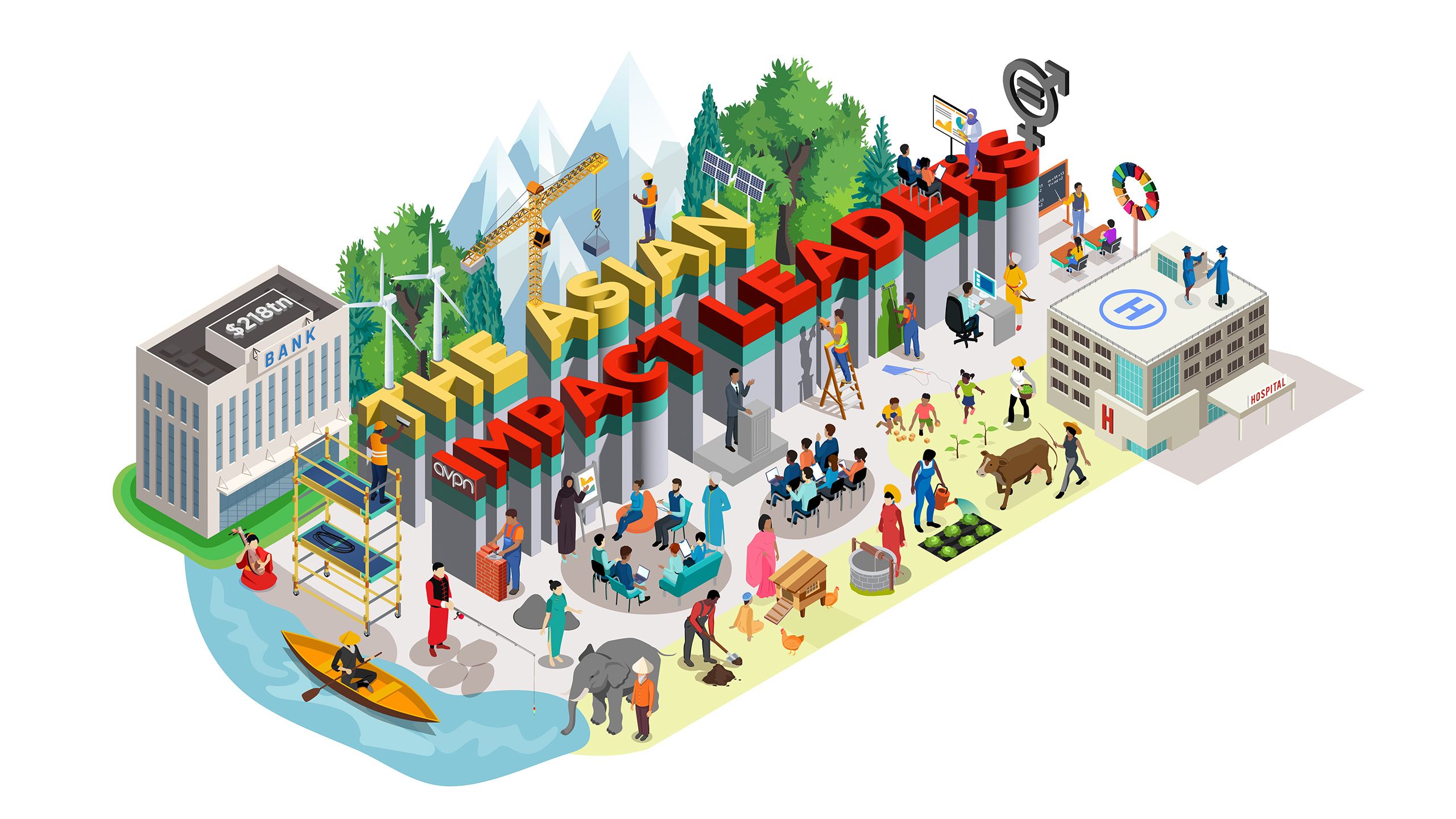
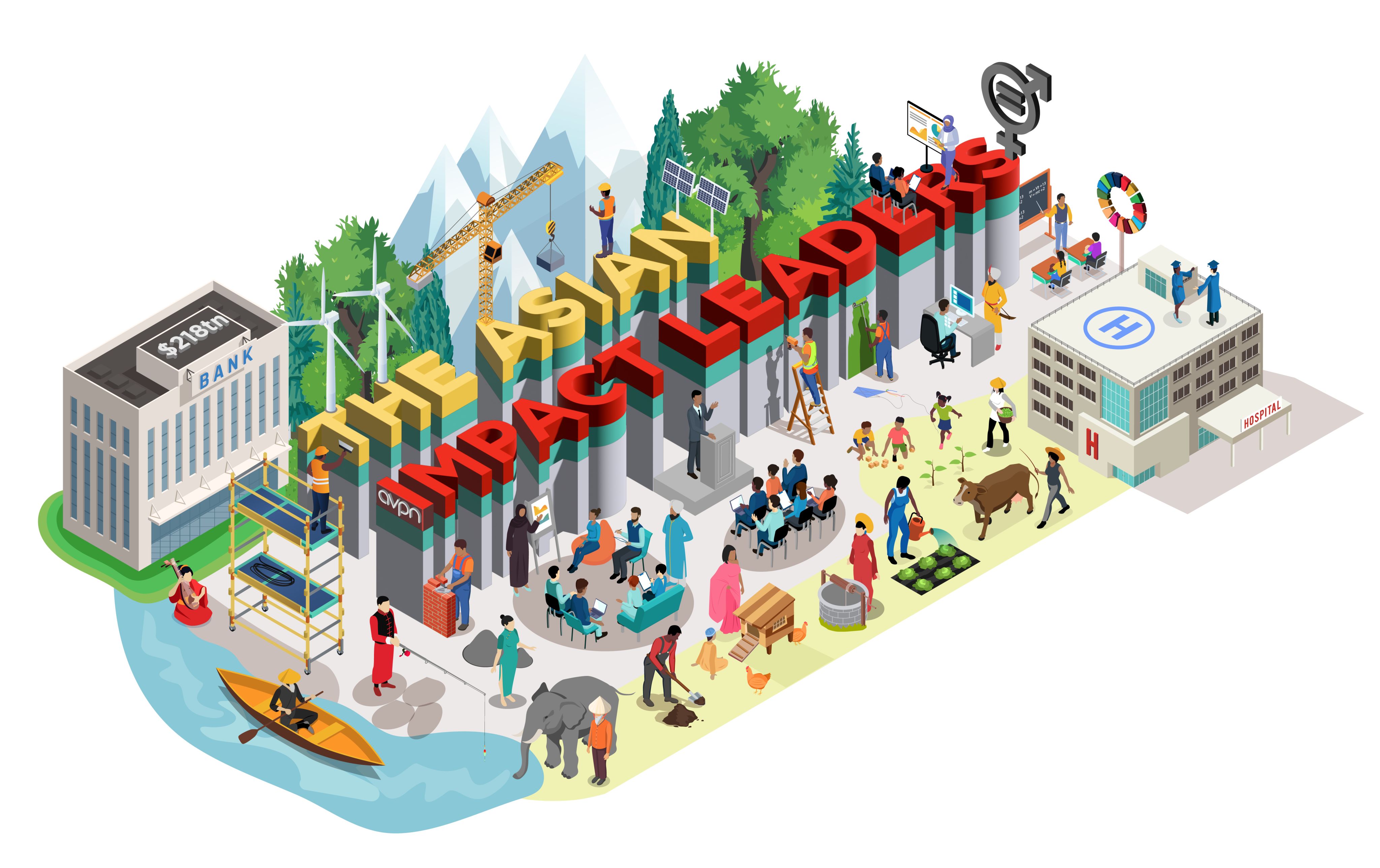
This immersive feature was produced by Pioneers Post in partnership with AVPN. Stay tuned for more articles in The Asian Impact Leaders collection exploring Asian leaders’ work to build a sustainable, just, inclusive and resilient future.
Get in touch if you'd like to tell your story.
J O I N T H E I M P A C T P I O N E E R S
SUPPORT OUR IMPACT JOURNALISM
As a social enterprise ourselves, we’re committed to supporting you with independent, honest and insightful journalism – through good times and bad.
But quality journalism doesn’t come for free – so we need your support!
By becoming a fully paid-up Pioneers Post subscriber, you will help our mission to connect and sustain a growing global network of impact pioneers, on a mission to change the world for good. You will also gain access to our ‘Pioneers Post Impact Library’ – with hundreds of stories, videos and podcasts sharing insights from leading investors, entrepreneurs, philanthropists, innovators and policymakers in the impact space.

